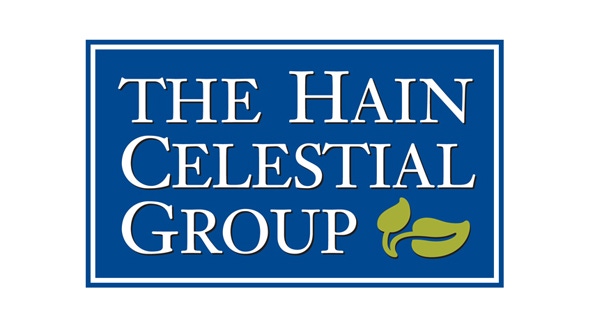
Despite voluntarily recalling 45 lots of its nut butters in August, natural products company Hain Celestial (NASDAQ: HAIN) started FY2015 strong, growing first-quarter revenue 35 percent.
President and CEO Irwin Simon reported net sales of $631.3 million during the quarter and adjusted earnings per share of 68 cents—compared to 53 cents per share in the first quarter of last year—during an earnings call Thursday.
Organic growth as well as growth of e-commerce and recent strategic acquisitions of Hain Pure Protein, Rudi’s Organic Bakery and Tilda helped the company achieve historically high sales last quarter, he said. The company also gained expanded distribution for some of its more than four dozen brands at mainstream stores including Walmart, Target, Publix, Kroger, Whole Foods Market, Sam’s Club and Sprouts Farmers Market.
Those gains were slightly offset by costs related to the voluntary recall of MaraNatha nut butters because of potential salmonella contamination. The company resumed shipping the nut butter again nationally in September and expects to regain most of its distribution and consumption by the third quarter of this year, Simon said.
Looking forward, Simon and John Carroll, EVP and CEO of the company’s U.S. division, said Hain is looking to one major population segment for growth: millennials.
“Millennials embrace healthy living as part of their personal, social identities, and often major life decisions are based on their desire to live a healthy lifestyle,” Simon said.
Hain will continue to pursue acquisition opportunities, potentially in areas like personal care and fresh food. “I’ve never seen a category in growth like protein today,” Simon added. “The other thing we’re looking at is the ethnic market, because eating healthy is also moving over into ethnic markets.”
But the company isn’t set on staying confined within aisles of a grocery store. Simon said he’s also looking for potential growth opportunities within the larger wellness category.
About the Author(s)
You May Also Like
.png?width=700&auto=webp&quality=80&disable=upscale)




